Why Women Need Calcium & Vitamin D After 30
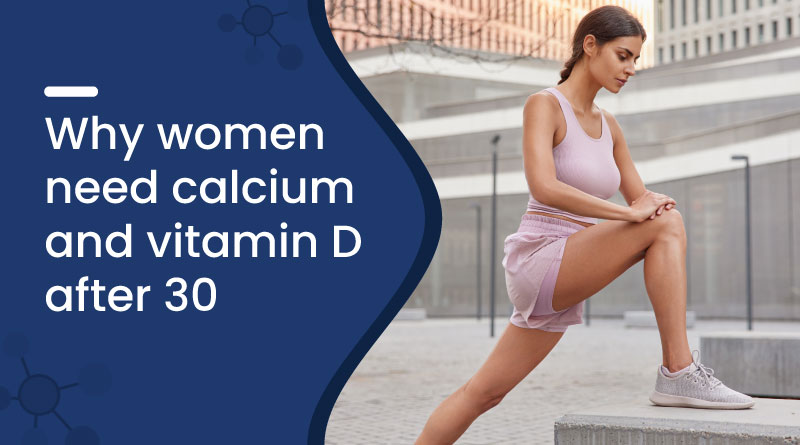

As women cross the age of 30, their bodies begin to undergo significant hormonal and structural changes. Calcium and Vitamin D after 30 become crucial for maintaining bone health, muscle function, and overall vitality. Without enough of these nutrients, the risk of bone thinning, joint pain, and fatigue increases. This blog explains why women need calcium and vitamin D after 30, what benefits they offer, and how to meet daily needs naturally.
Why is Calcium Important for Women After 30?
After 30, women start to lose bone density gradually. Calcium helps maintain strong bones and prevents early signs of osteoporosis. It's also essential for proper muscle contractions, blood clotting, and nerve function.
Key benefits of calcium after 30:
- Slows down age-related bone loss
- Reduces the risk of fractures
- Supports heart and nerve functions
- Maintains healthy teeth and nails
Low calcium intake at this stage of life can lead to weakened bones and long-term skeletal issues, especially after menopause.
Why Do Women Need Vitamin D After 30?
Vitamin D plays a key role in helping the body absorb and utilize calcium effectively. Without enough Vitamin D, the benefits of a calcium-rich diet are significantly reduced. After 30, maintaining adequate Vitamin D levels becomes crucial for preserving bone strength, supporting muscles, and keeping the immune system resilient.
Additional roles of Vitamin D:
- Enhances calcium absorption in the gut
- Supports hormonal balance
- Reduces inflammation in joints and tissues
- Improves mood and mental health
Women who spend limited time in the sun or follow vegetarian diets are more likely to be deficient in Vitamin D.
What Happens if Women Don’t Get Enough Calcium and Vitamin D After 30?
Deficiencies can silently affect your body over time. Without sufficient calcium and vitamin D after 30, women face:
- Accelerated bone loss
- Higher risk of osteoporosis after menopause
- Fatigue and frequent muscle cramps
- Poor posture or spinal issues
- Weakened immunity
Early prevention through diet and lifestyle is the key to avoiding these complications.
How Much Calcium and Vitamin D Do Women Over 30 Need?
| Nutrient | Recommended Daily Intake |
|---|---|
| Calcium | 1000 mg/day (up to 1200 mg after age 50) |
| Vitamin D | 600–800 IU/day depending on sunlight exposure |
These values may vary depending on individual health conditions, so it's best to consult a healthcare provider.
What Are the Natural Sources of Calcium and Vitamin D for Women After 30?
A balanced diet can cover most of your nutritional needs. Include the following foods regularly:
Calcium-rich foods:
- Low-fat milk and yogurt
- Paneer, tofu, and cheese
- Green leafy vegetables like spinach and kale
- Almonds and sesame seeds
Vitamin D-rich foods:
- Fortified cereals and dairy
- Eggs (especially yolk)
- Mushrooms exposed to sunlight
- Fatty fish like salmon and mackerel
Additionally, 15–20 minutes of sun exposure in the morning helps the body naturally produce Vitamin D.
When Should Women Consider Supplements for Calcium and Vitamin D?
In some cases, diet and sunlight may not be enough. Women may need supplements if they:
- Are over 40 or postmenopausal
- Have low bone density
- Follow vegan or restricted diets
- Suffer from frequent bone/muscle pain
- Live in areas with limited sunlight
However, supplements should only be taken after a healthcare consultation.
Frequently Asked Questions
Q. Can diet alone provide enough calcium and vitamin D after 30?
A. Yes, if your diet includes dairy, leafy greens, fish, and fortified foods. But some women may still need supplements.
Q. How do I know if I’m deficient in calcium or vitamin D?
A. Common symptoms include fatigue, bone pain, frequent fractures, and muscle weakness. A blood test can confirm deficiencies.
Q. Is sunlight enough for Vitamin D after 30?
A. Moderate sun exposure helps, but it may not be sufficient in winter or for those with darker skin tones or indoor lifestyles.
Q. Is excess calcium or vitamin D harmful?
A. Yes. Excess calcium may lead to kidney stones, and too much vitamin D can cause toxicity. Stick to recommended limits.
Q. At what age should I start focusing on bone health?
A. Ideally, before 30, but 30 is a critical point when bone mass stops increasing, so it’s essential to start or continue at this age.
Conclusion
Calcium and vitamin D after 30 are vital for women’s long-term bone, muscle, and immune health. As hormonal shifts begin, nutritional needs also change. A well-balanced diet, regular sun exposure, and timely medical guidance can help maintain optimal health and reduce the risk of bone-related problems in later years. Taking proactive steps today ensures strength and mobility tomorrow.
Recent Blogs
Disclaimer : Zeelab Pharmacy provides health information for knowledge only. Do not self-medicate. Always consult a qualified doctor before starting, stopping, or changing any medicine or treatment.

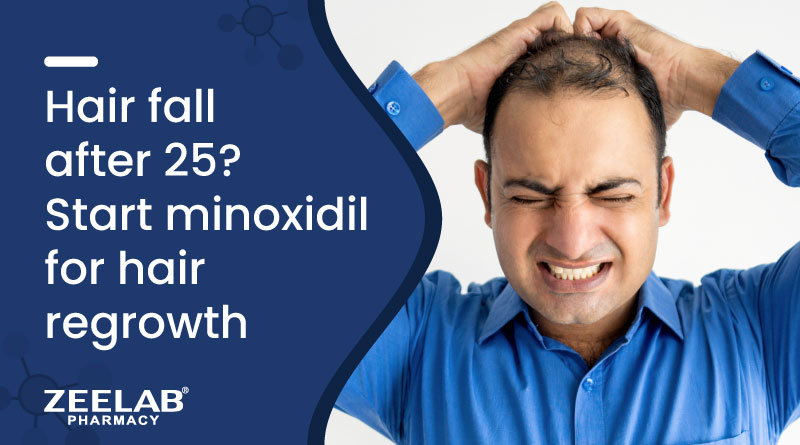
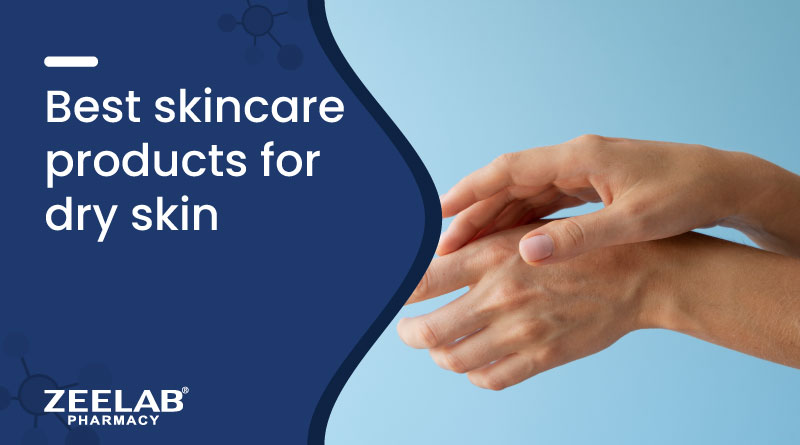
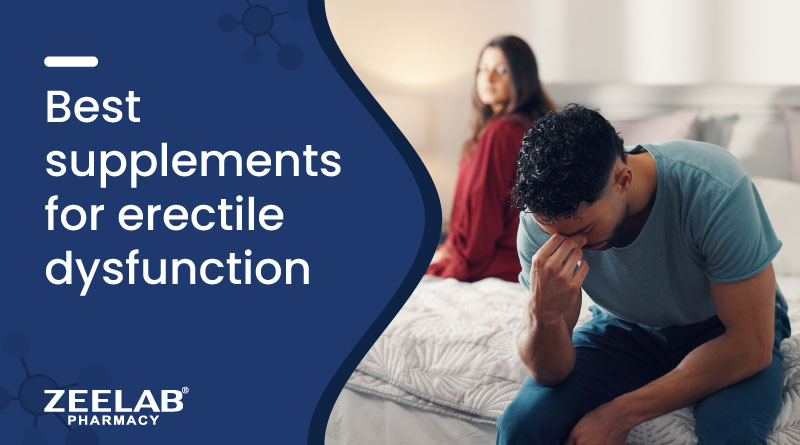
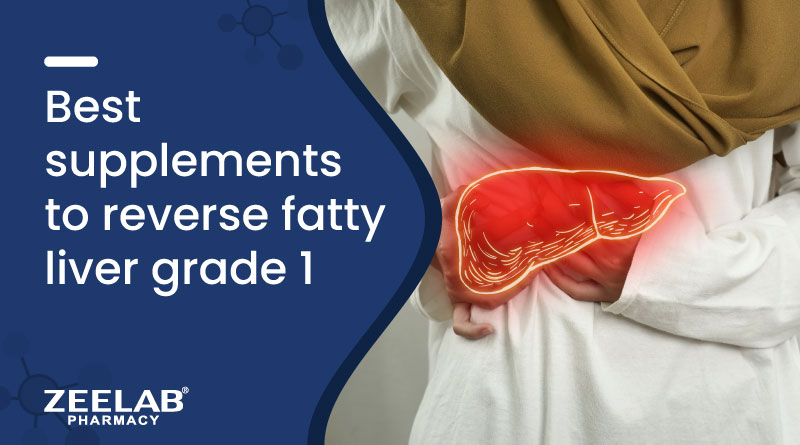
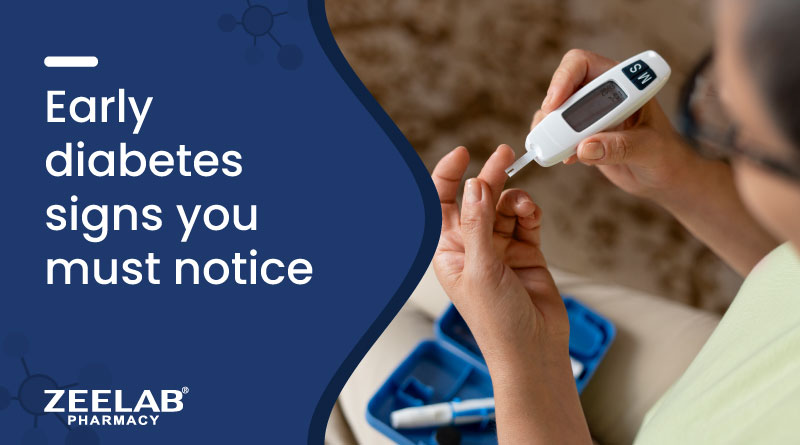
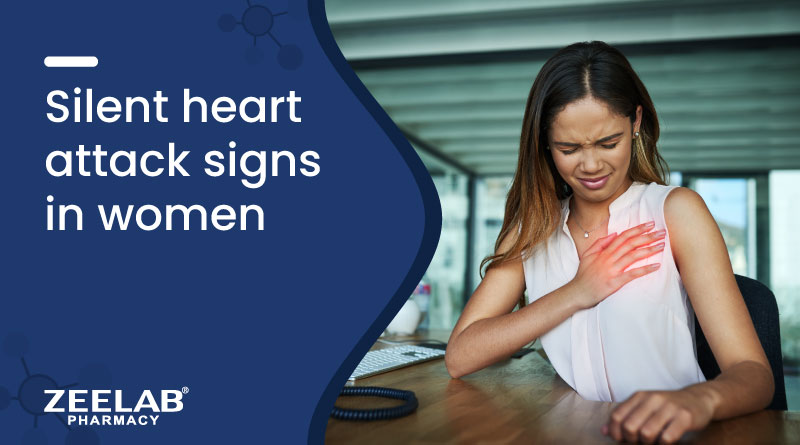









 Added!
Added!